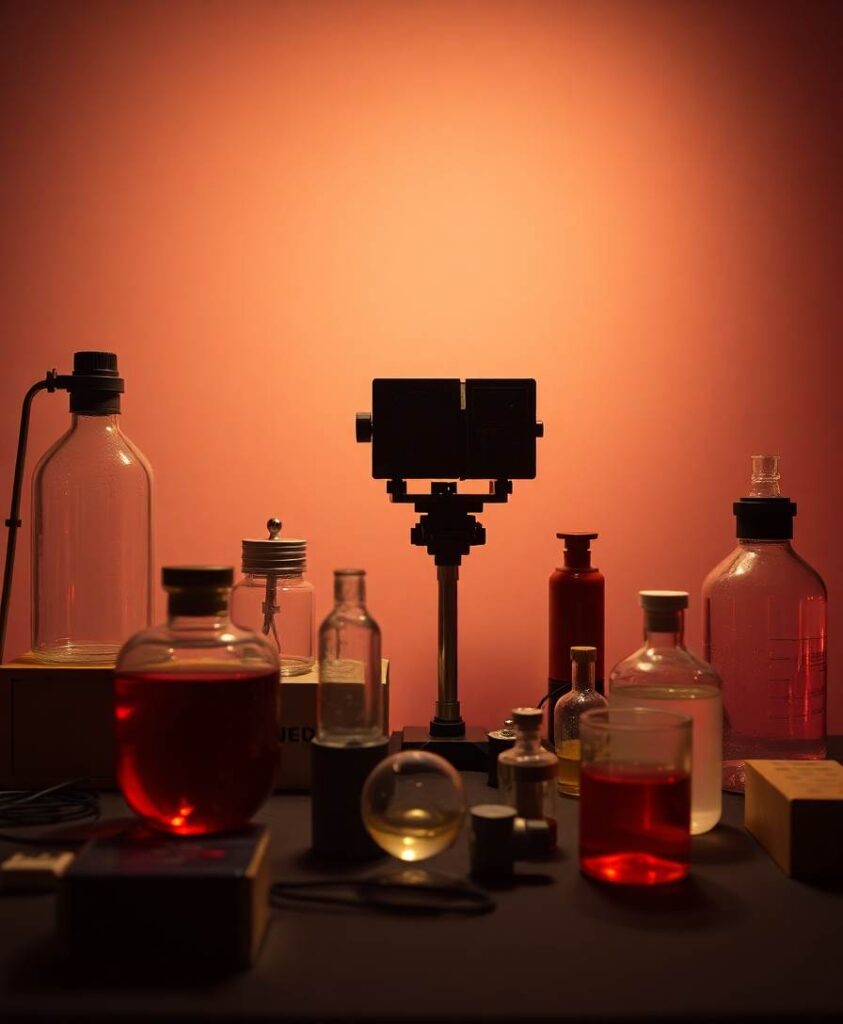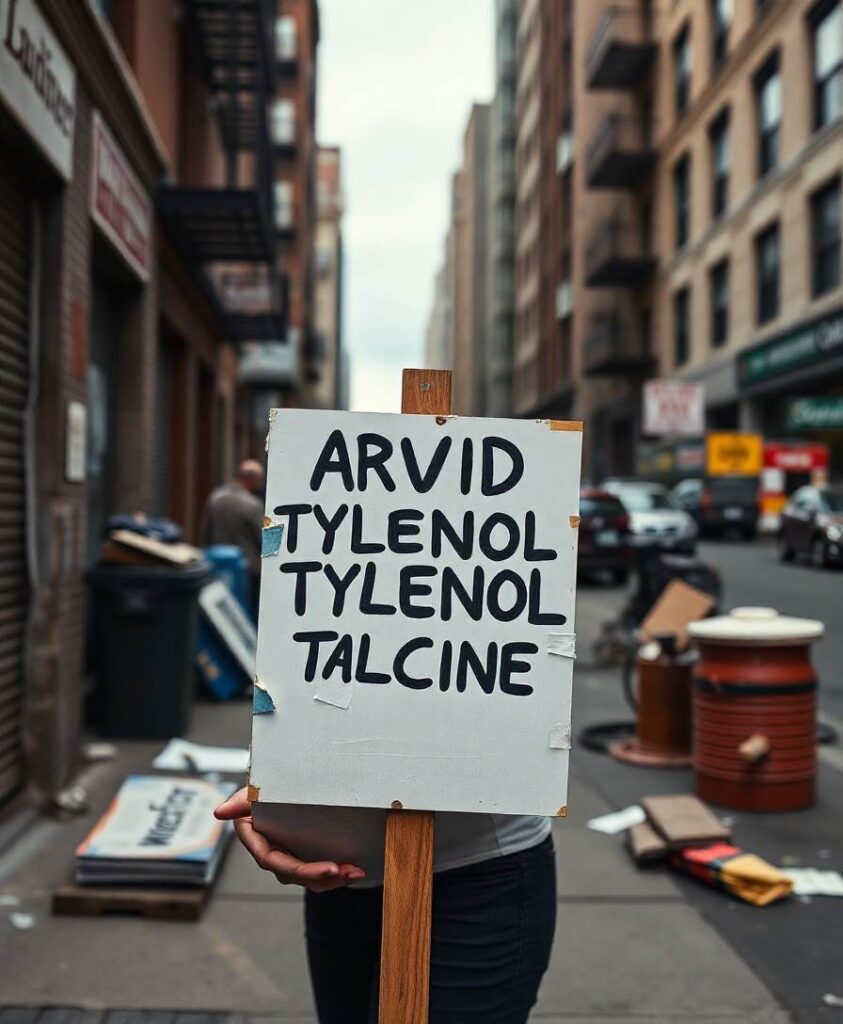Emerging research reveals a stark reality about alcohol’s impact on cognitive function. By integrating massive datasets and sophisticated genetic analysis, scientists have uncovered a more nuanced understanding of how even small amounts of alcohol might compromise brain health. The findings suggest that our previous comfort with “light” drinking could be fundamentally misguided.

Understanding how lifestyle choices influence long-term brain function represents a critical frontier in human potential research. This study invites us to reconsider deeply ingrained beliefs about alcohol consumption, challenging us to prioritize neural wellness over social conventions. What other seemingly harmless habits might be subtly undermining our cognitive resilience? The implications extend far beyond a single glass of wine, pointing toward a more informed approach to protecting our most precious biological asset—our brain.
A massive new study combining observational and genetic data overturns the long-held belief that light drinking protects the brain. Researchers found that dementia risk rises in direct proportion to alcohol consumption, with no safe level identified.




